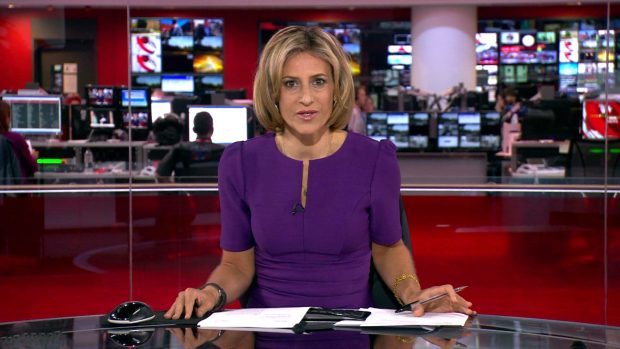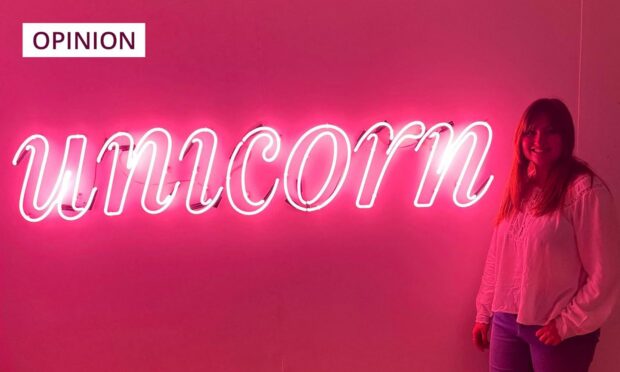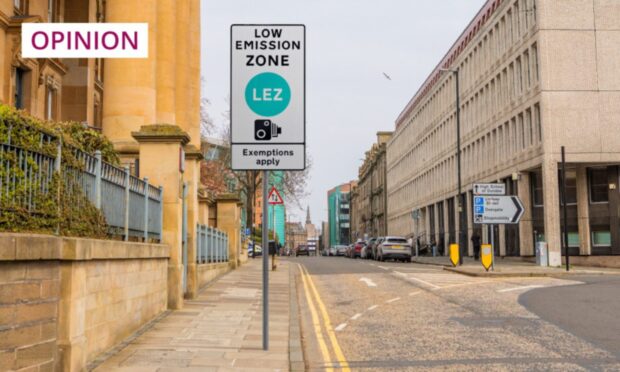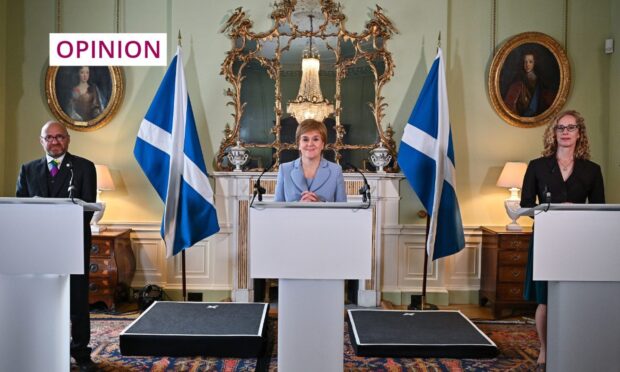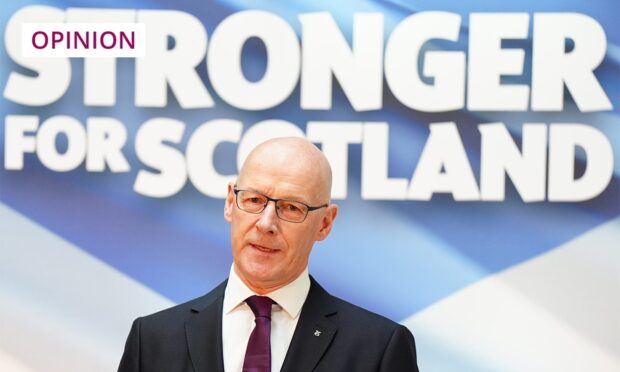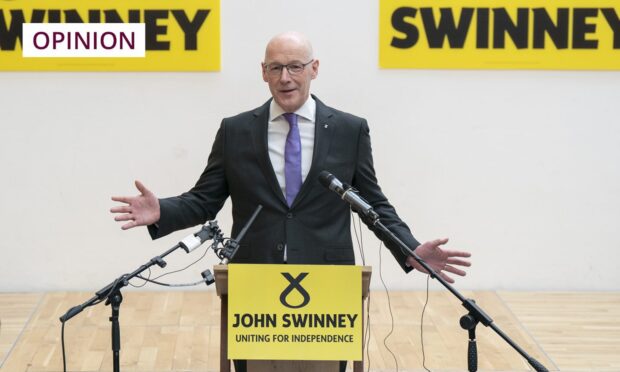Let’s talk about objectivity and why it matters.
I understand what it is, but do you? It’s clear that, for many people, it’s a confusing subject.
Take, for example, Emily Maitlis’ comments on Newsnight last Tuesday.
While introducing discussion about the behaviour of political adviser Dominic Cummings, the presenter, according to her bosses, was unkind to the snivelling half-man, half-weasel.
There followed a number of confusing reports about whether she was consequently suspended (the BBC insists she was not), but Auntie did state Maitlis “did not meet our standards of due impartiality”.
I disagree, as does everyone who understands what journalists are supposed to do.
Even Piers Morgan, who has the moral compass of a drunken pirate, was horrified. Emily Maitlis told the truth, summing up the “fury” of the public at the “blind loyalty” Boris Johnson was showing to his detestable, testicle-headed Smithers.
Maitlis knows her stuff. She’s a highly-experienced journalist, and even the greenest journalist knows, from day one, the difference between opinion and fact, although the worst hacks choose to ignore it.
She was reporting facts, even if some people (such as the slimy poshos currently oozing around Downing Street) disagree with them.
When the BBC branded these inconvenient facts as opinion, it failed in its duty as public broadcaster.
Elsewhere in this newspaper, you will find facts: verifiable pieces of information presented in a straightforward fashion, whether you believe them or not.
But I write opinion. That’s why I can say things like “weasel”, “pirate” and “slimy poshos” and get away with it, and it’s why others can cast around for flimsy reasons to say “SNP bad” every week.
We’re not expected to be objective.
That’s where the line is. In the Cummings debacle, it’s accurate to report people are angry.
It is not the role of a journalist – especially a successor to Newsnight’s Jeremy Paxman – to be nice, even when they are being fair.
The BBC needs to stop being so weak, and to hold government to account.
It needs to empower people like Emily Maitlis to find the truth and report it.
And it needs to back its journalists all the way.
